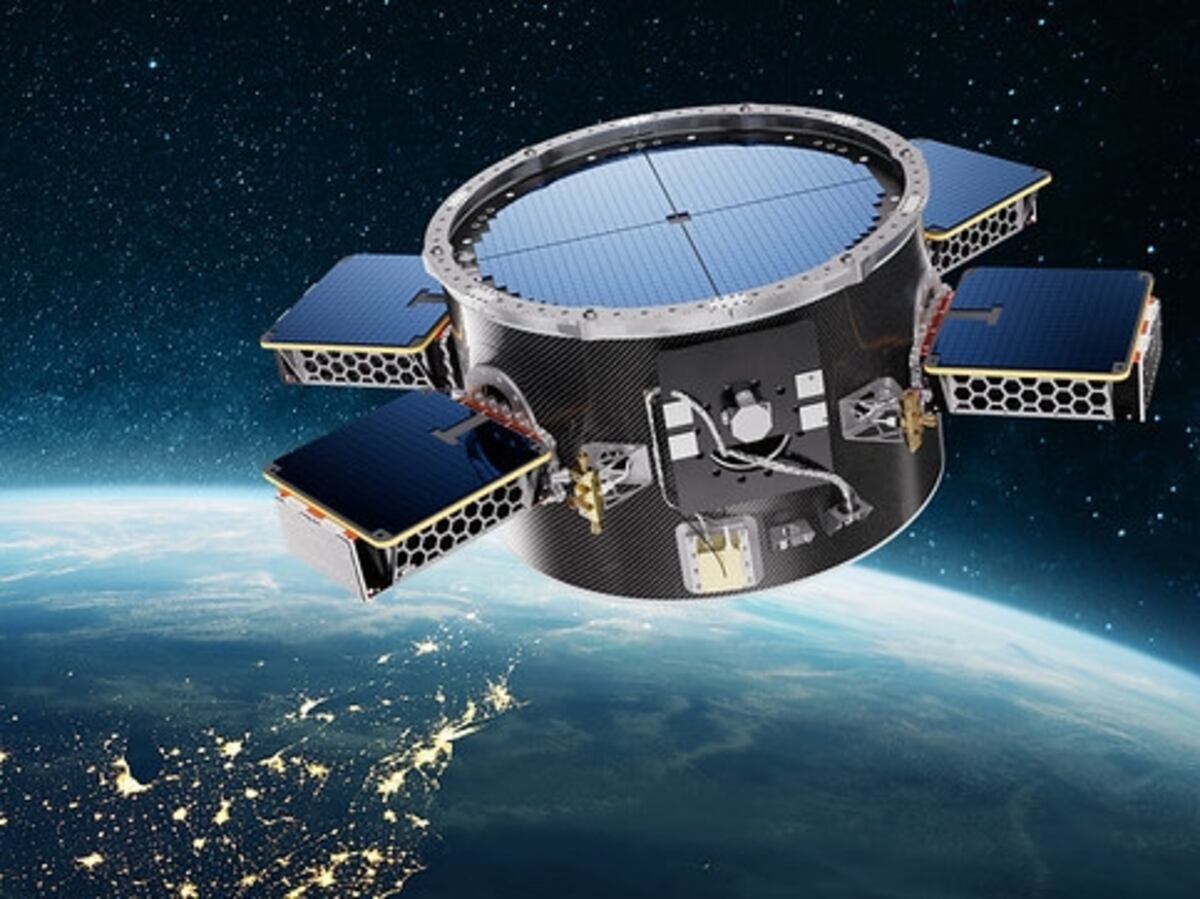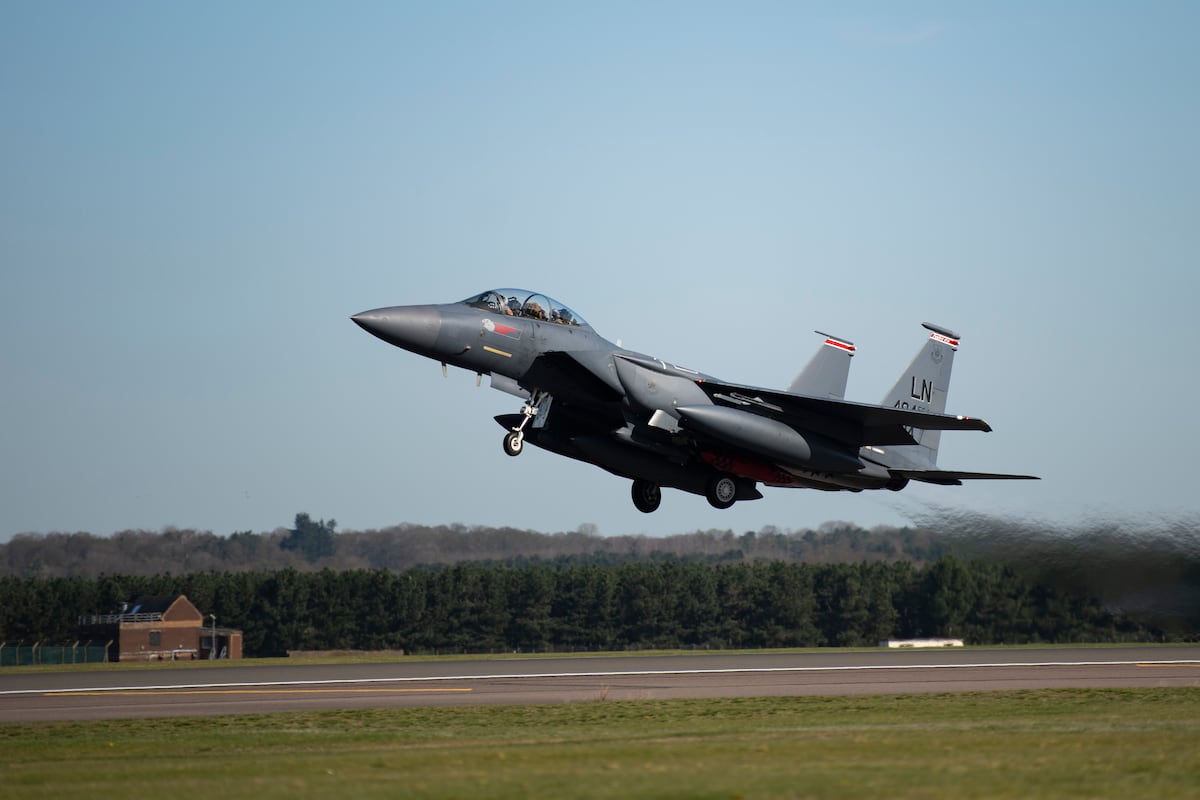The Space Development Agency has picked 19 companies to experiment with new satellite technologies through its Hybrid Acquisition for Proliferated Low Earth Orbit program.
Through the effort, dubbed HALO, the agency will run rapid on-orbit demonstrations aimed at reducing risk and speeding up technology development for future operational missions.
“We believe HALO will also increase the pool of performers capable of bidding on future SDA programs, including participation in layers of future tranches,” SDA Director Derek Tournear said in a statement Wednesday.
The selected companies include orbital vehicle providers like Firefly Aerospace and Impulse Space, satellite bus manufacturers like Apex and space technology specialists like CesiumAstro and AST SpaceMobile. Each firm received an initial $20 million contract and will be eligible to compete for future prototype orders.
Frank Turner, SDA’s technical director, said Wednesday that as the agency solicits proposals from the contractor pool, it will form teams comprised of companies that offer the best technology solutions to the capability set that SDA wants to demonstrate. That approach, he said, allows SDA to “fly before we buy.”
“It’s the idea of, we’re not 100% sure about this technology yet, but let’s go figure it out,” Turner said during the Space Force’s Space Industry Days conference in Los Angeles. “Let’s go fly it. Let’s fly it quickly.”
Early missions will seek to build and launch two spacecraft within 12 to 18 months, testing optical communications and tactical data links.
Ian Cinnamon, CEO of Apex, said HALO offers his firm a chance to showcase its off-the-shelf satellite buses. The company recently announced a partnership with Anduril to supply buses for its growing space portfolio.
“Being selected for a HALO award is an important opportunity to demonstrate Apex’s ability to use productized satellite buses to rapidly support national security missions in space,” Cinnamon said.
Firefly Aerospace will showcase its line of space vehicles as part of HALO. The company’s Elytra spacecraft, which provides space mobility and responsive launch support, is slated to fly for the first time later this year.
“We’re seeing an increasing demand for advanced in-space capabilities, including both prototype and feasibility demonstrations that support critical joint warfighter terrestrial missions with rapid and affordable commercial services,” CEO Jason Kim said in a statement.
Courtney Albon is C4ISRNET’s space and emerging technology reporter. She has covered the U.S. military since 2012, with a focus on the Air Force and Space Force. She has reported on some of the Defense Department’s most significant acquisition, budget and policy challenges.
Read the full article here







Leave a Reply